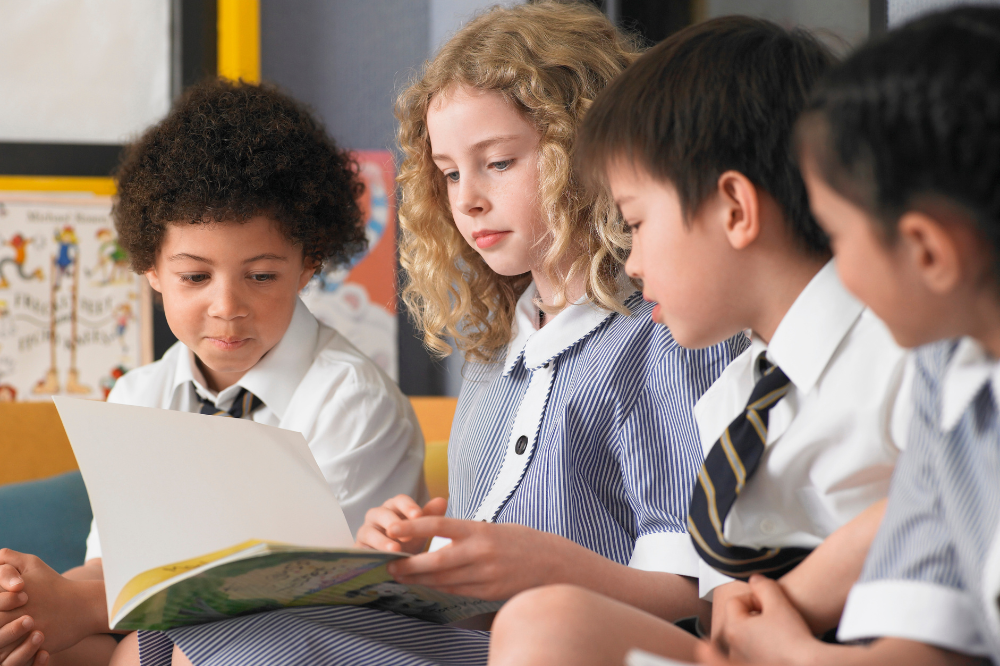
Australia’s public schools are facing an exodus of students, with many families turning to private education. John Frew, a former principal in the public system and founder of Frew Consultants Group, highlighted in an article that this growing trend demonstrates deep systemic issues, including violence, resource shortages, and the exclusion of vulnerable students from private institutions.
In New South Wales, violence in schools has reached unprecedented levels, Frew noted. In 2023, the state recorded 1,517 school assaults, nearly double the 843 incidents reported the previous year. Weapons-related incidents have also surged, with police responding to schools an average of 53 times daily.
Families opting for private schools
Sally Larsen, an education lecturer, examined why Australian families are increasingly opting for private schools. While she noted that well-funded independent schools attract middle-income families with promises of better academic outcomes and stricter discipline, the reality is more complex. Public schools, she pointed out, often shoulder the responsibility for students with disabilities and behavioural challenges who are excluded from private institutions.
The exclusion of vulnerable students is a systemic issue. Children with disabilities or those exhibiting disruptive behaviour are frequently turned away from private schools, which claim inadequate facilities. This leaves public schools to accommodate these students without the necessary resources or support.
In New South Wales alone, over 3,000 permanent teaching positions remain unfilled, leaving many classrooms without proper supervision. The workload for teachers has become overwhelming, especially in schools that serve low-income communities disproportionately affected by these challenges.
Experts point to early-childhood trauma as a major contributor to behavioural issues in schools. According to the Australian Bureau of Statistics, one in seven Australians experienced abuse during childhood, often leading to long-term psychological and social difficulties. Without sufficient funding for specialised staff such as psychologists and behavioural therapists, public schools struggle to address these underlying issues.
Calls for support
Efforts to resolve these problems have been criticised as inadequate. Recent policies, such as mobile phone bans and token funding increases, have been described by critics as superficial. Frew said calls for more comprehensive solutions, such as restorative practices and trauma-informed approaches, have largely been overlooked.
Despite a federal promise to fully fund public schools by 2026, scepticism remains. Critics argue that addressing the deeper crisis requires bold leadership and substantial investment. “Public schools must become sanctuaries for all children,” Frew noted, advocating for systemic reform.
The flight from public education underscores an urgent need to address inequities and restore trust in Australia’s education system.


